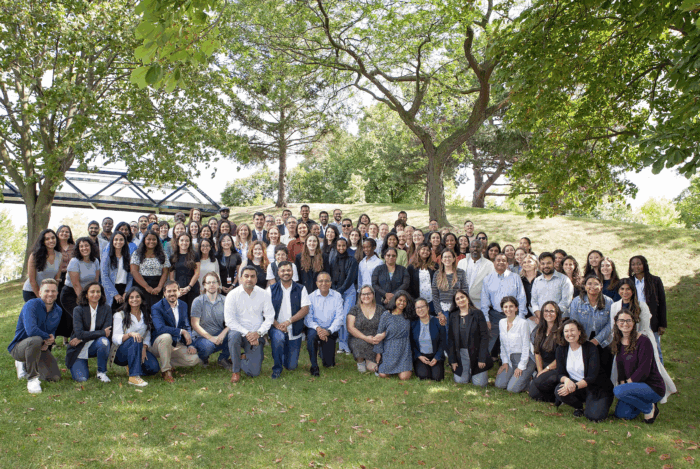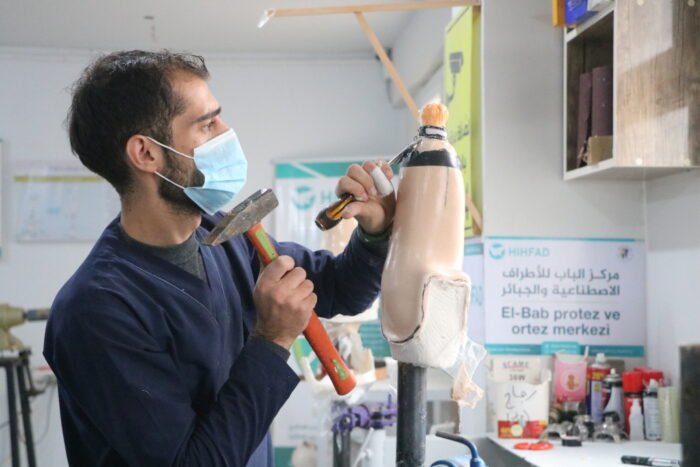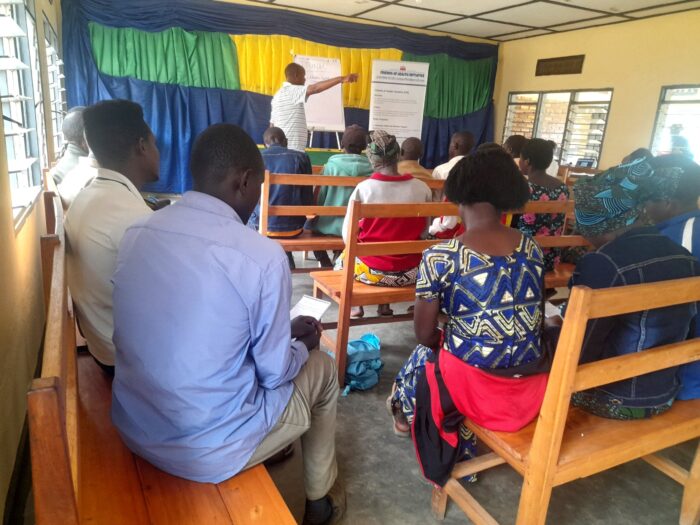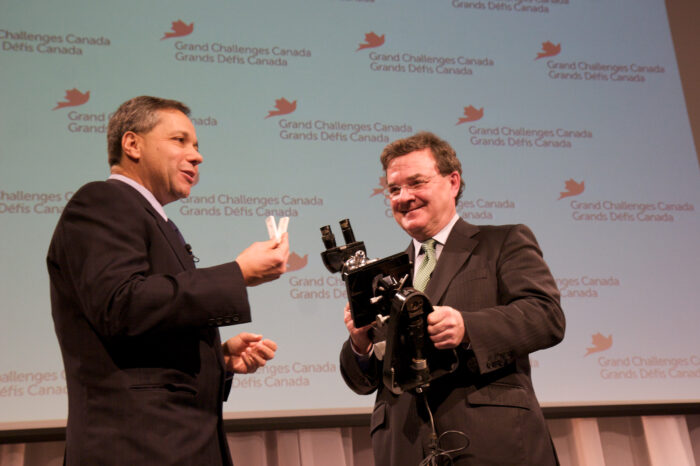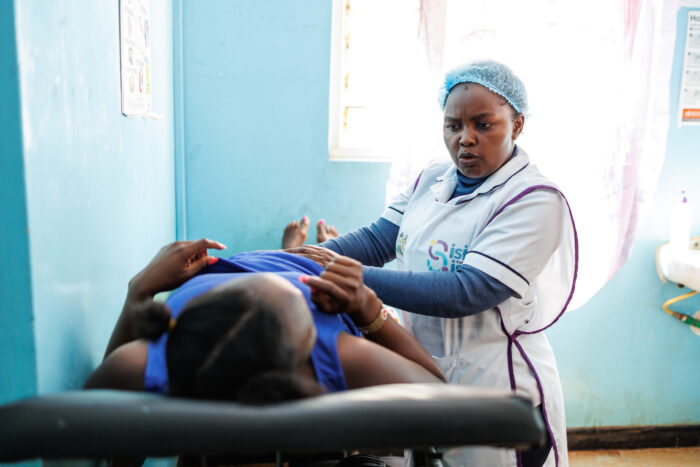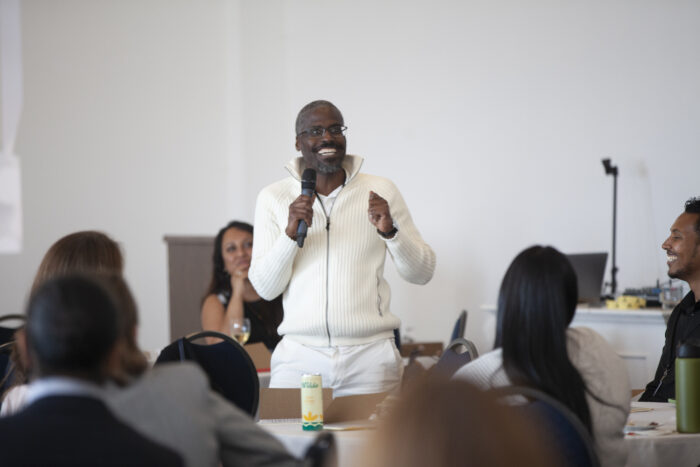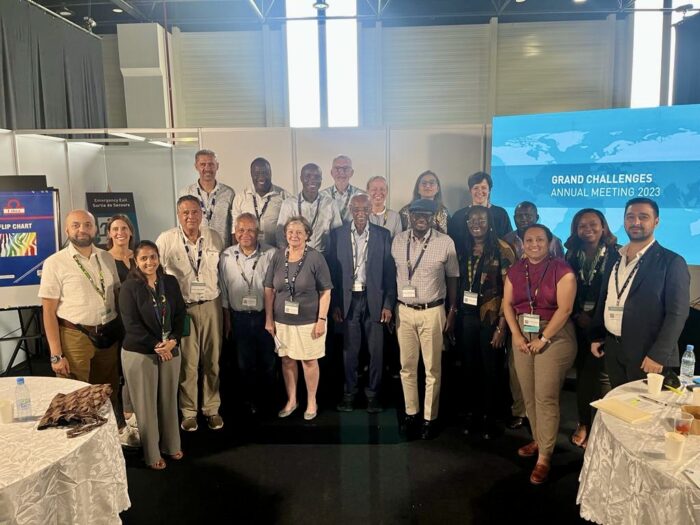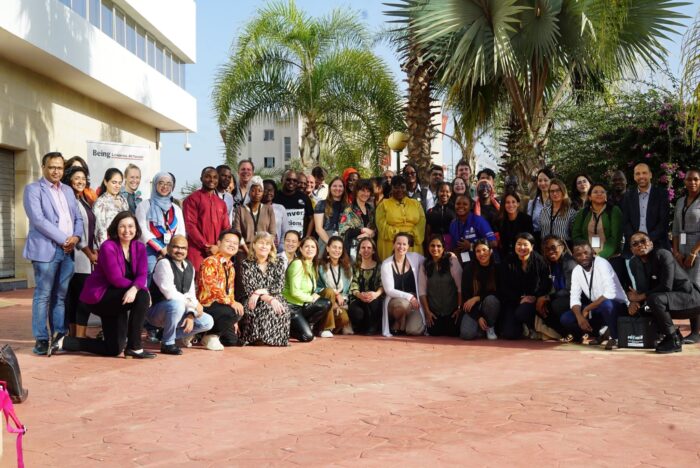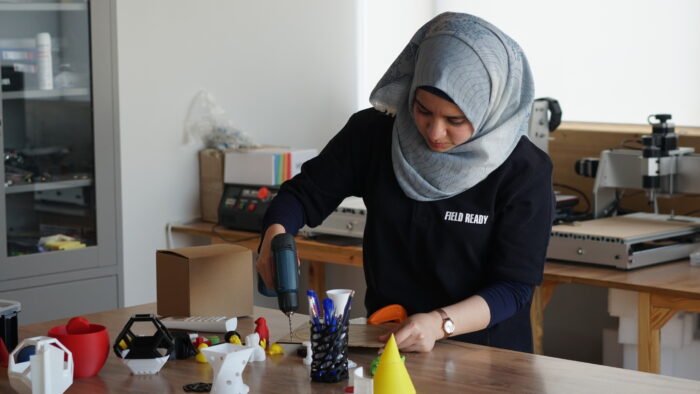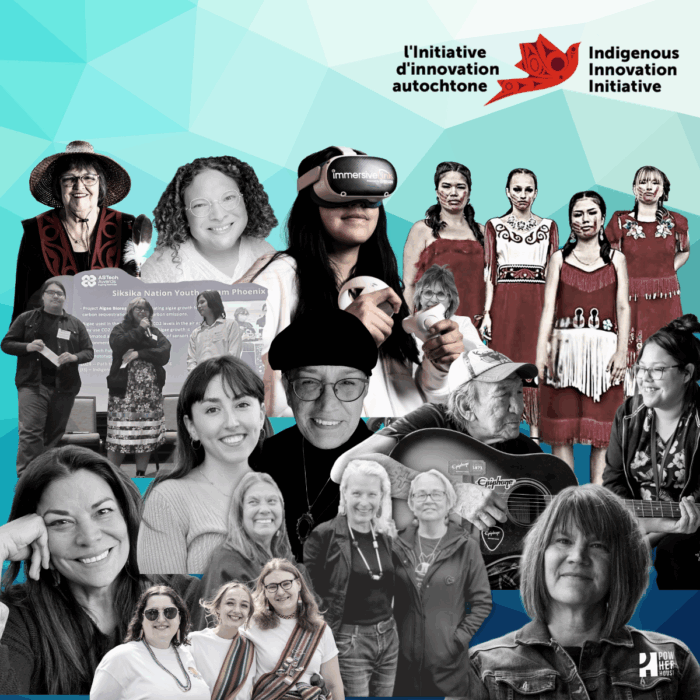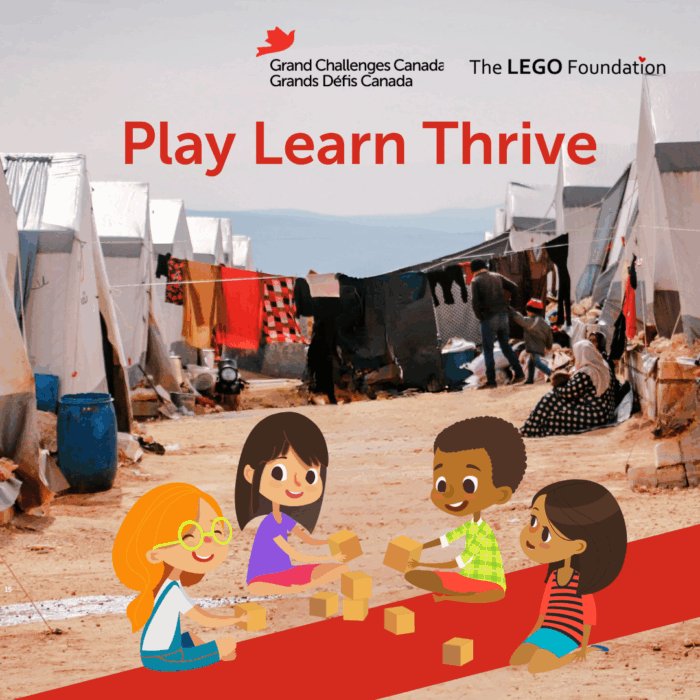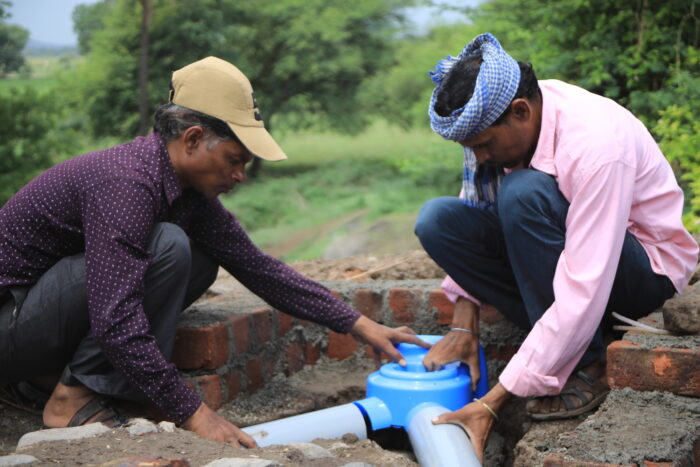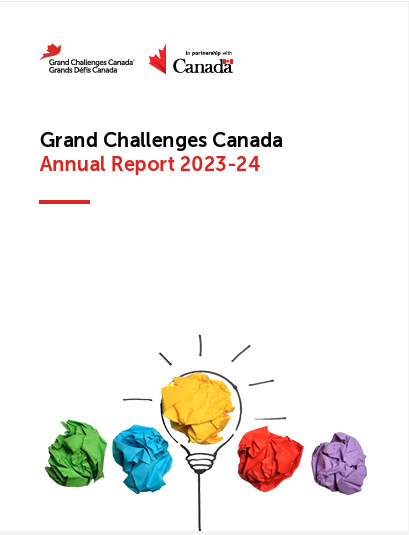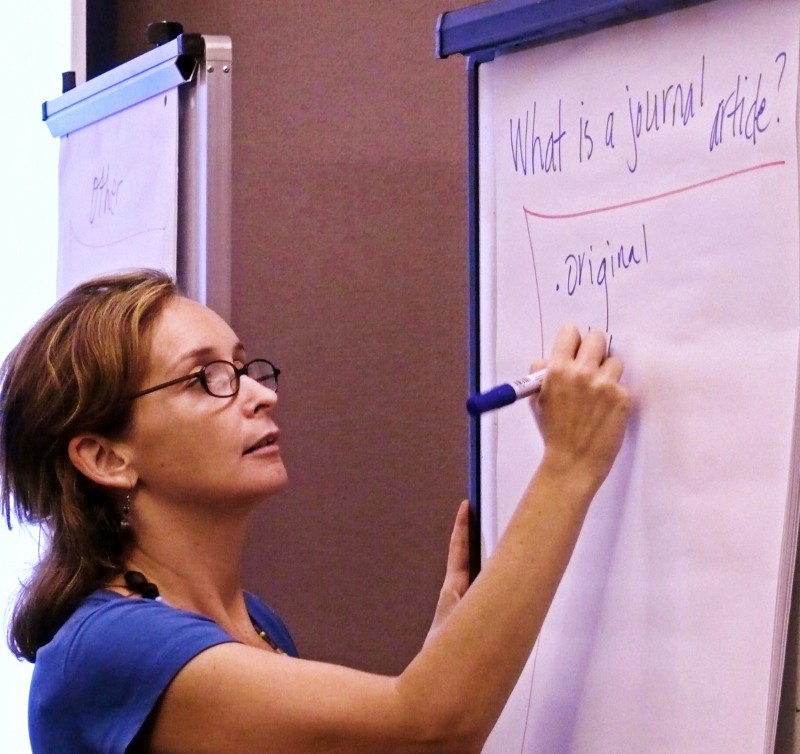A key goal of our Proposal Development Resource has been to identify the best experts in proposal writing and collect their ideas on how to write a strong, successful proposal. We’ve managed to collect top tips from global health experts all over the world, many of whom have written or reviewed hundreds of propsals. You can browse our sections offering advice from Experienced Mentors, Previously Successful Applicants, and Experts in Writing to pick and choose the experts whose advice you find most useful.
There are some common themes among the Top Tips that are worth highlighting.
First, start your proposal early. Consistently, our experts say that, as an applicant, you should begin writing your proposal well before the deadline, and also give yourself time before the submission cutoff date to put your submission away for a few days and return to it with “fresh eyes.” If the deadline is December 15, make your own working deadline be December 1.
Second, match your proposal to the funder’s needs. This might seem obvious but, for many submitted proposals, it is not clear enough that your project meets the funder’s priorities. Pamela Collins, Director at the U.S. National Institute of Mental Health, says it’s very important to show how your idea will help the funder address the significant issues they lay out in their priorities for funding. In other words, make the funder believe your project helps them achieve their goals, too. In my slidedeck on “The Ingredients of a Good Grant Proposal” and in a recent workshop, I recommend that when writing your proposal, you explicitly use the keywords and terms the funder uses. If they say they want “out-of-the-box thinking that will have a health impact in rural and remote areas,” explicitly say that your idea represents out-of-the-box thinking (and how) and will have a health impact in rural and remote areas.
Third, keep it simple. In most instances you, as the proposal writer, are going to be more expert on your project than anyone else in the world. Draw confidence from that! But also recognize that the reviewers of your proposals are very likely not going to have the specific specialist knowledge of your project that you do; they will be more general experts in your field. As Heather Stuart from Queen’s University says in her talk, “you must convince intelligent people who are not experts in your work that there is something critical that you can contribute.” So, make your argument persuasive but use clear, straightforward language that would be easily understandable to an informed person who is not a specialist. Avoid all jargon and try to write simply. In addition, as Andrew Serazin (formerly of the Bill & Melinda Gates Foundation) says in his top tips, be able to state your idea concisely in one or two sentences.
